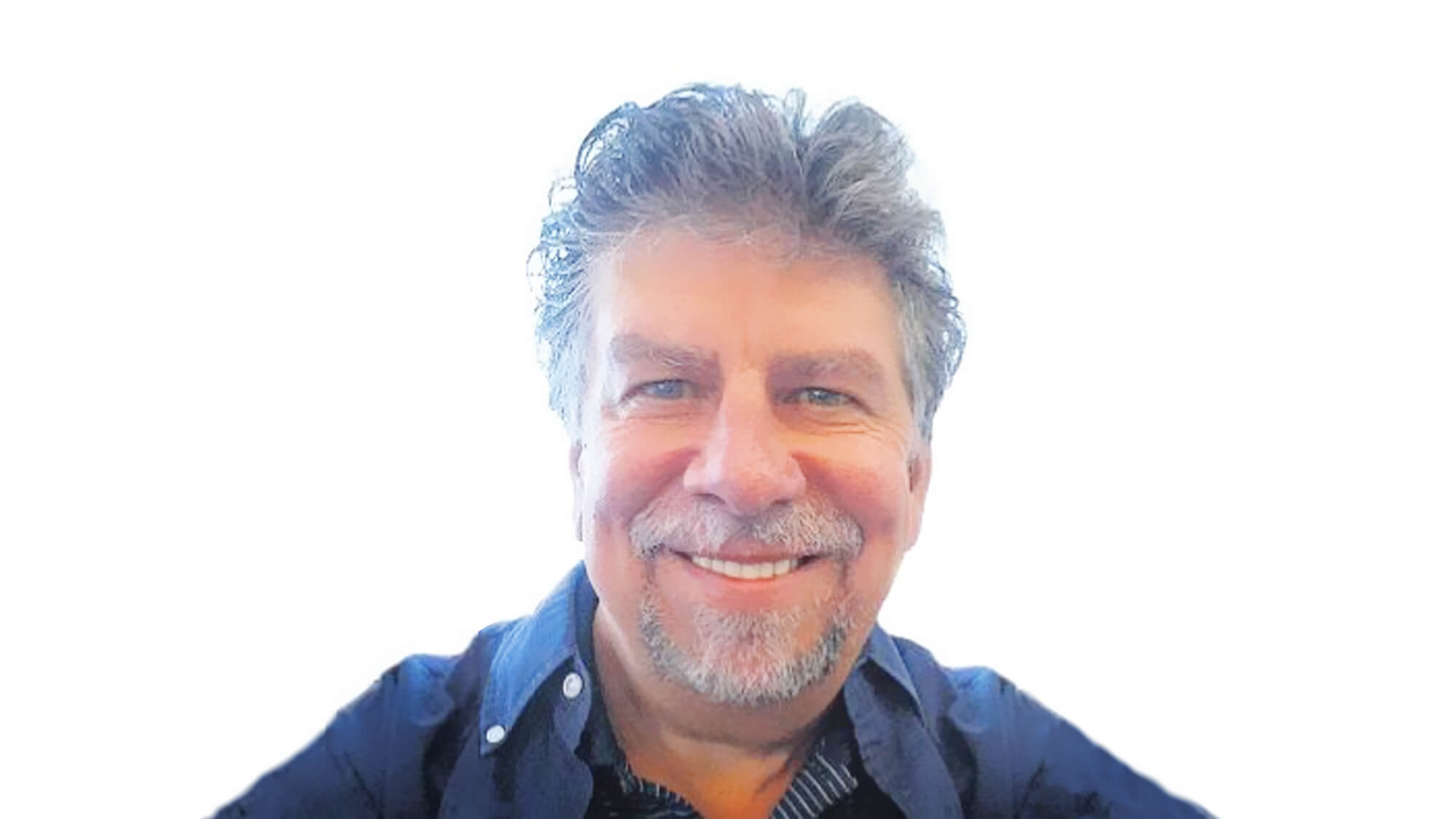By The Time I Didn’t Get To Woodstock

You have to understand the cultural shock of 1969. It was particularly jarring on the East End, or so it seems to me.
We grew up playing ball — baseball, basketball, football. My bunch went from ages 15 to 19. I was pretty good, so me and my immediate friends played with the older kids — those born in the late 1940s.
They were called “greasers.” They had short hairdos, wore T-shirts with the short sleeves rolled up, a pack of Lucky Strike secured in one. They probably had a comb in their back pocket they would pull out and use in front of girls. They drank, and when they turned 18, they went into the Army, Navy, or Marines like their daddies did.
If they could afford it, they drove pick-up trucks, with a shotgun mounted on the back window. Seeing a gun was a common occurrence. There was never an accidental shooting but yeah, the guys hunted — deer and bird and such, and ate what they killed. We all fished, a lot, and we all drank beer — a lot.
I don’t want to say I was on the road to Vietnam. I was much too scared for that kind of thing, but I wasn’t going to hide from the war, either. Real men didn’t do that. We got the call, we answered.
The Winds of Change were in the air before 1969. First, marijuana made the rounds, and then the psychedelic music. Our parents looked on, most with disgust, as our hair grew and clothes became more and more ragged (it was more than two decades before they would actually start selling ragged “old” clothes in the stores). We said stuff like, “Cool Pops. Right On.” I said I didn’t want to go to college until “my oppressed brothers” were given scholarships. My father, perplexed, pointed out my older brother attended St. John’s University and had a scholarship.
We listened to Cream and Jimi Hendrix. I idolized Hendrix, who was left-handed like me and had wild kinky hair like mine. I used to take my sister’s kerchiefs and wear them around my ’fro. Once my mom bought me new jeans and I soaked them in bleach and cut holes all over. My bell-bottoms were five inches below my feet and dragged through the dirt.
Then we heard about Woodstock. Three days of love, peace, and music.
You’ve all seen the pictures — the mud, the rain, the crowds, and the lack of food or water. Anyone who told you they were prepared is lying. We (four of us) packed for the three days — with beer and pot. No food, except maybe a jar of peanut butter. No towels. No blankets. Beer.
We were going to drive my father’s Chevy Bel Air upstate. But as the day approached — Friday, August 15 — we faced more than just a quandary, we faced a generational crisis. We had two games that weekend against Schiavoni’s Plumbing and Heating in the Sag Harbor Softball League. These were men, real men, and good ballplayers, guys like Donnie Rozzi and Paul Schiavoni. We were the defiant upstarts who dressed differently, listened to the strange music, and smoked the perfumed cigarettes.
Just in case being on the right side of karma was not enough, just in case the open Door of Perception didn’t lead to victory, we poached Terry Remkus, the league’s best pitcher, and Bobby Vacca, the league’s best hitter, from the Cove Men Shop team.
That night it went back and forth. Woodstock and freedom? Or softball and the status quo?
I still watch the Woodstock movie every six months or so. Oh God — all those nude hippie girls in the muddy pond! Santana, banging out the New World Beat. The great Grace Slick up all night, coming onstage to the blistering chords of “Volunteers” and shouting “It’s a new dawn, America!” And then there was Jimi, closing it out with his with his version of “The Star Mangled Banner.”
That was the singular moment, the one that never leaves me. That was the harbinger that this world was indeed going mad, and the bucolic life of softball, pickups, and hunting was gone forever, replaced by opioid overdoses, mass killings, and barbed-wired brains nourished by intense video games where death is the answer and how many is the number.
Yeah, we won the games — we upset the grown-ups and won the championship. The euphoria was palpable, the kind we may well never feel again, because it was fueled by not just our youth but by our clarity of purpose.
rmurphy@indyeastend.com



